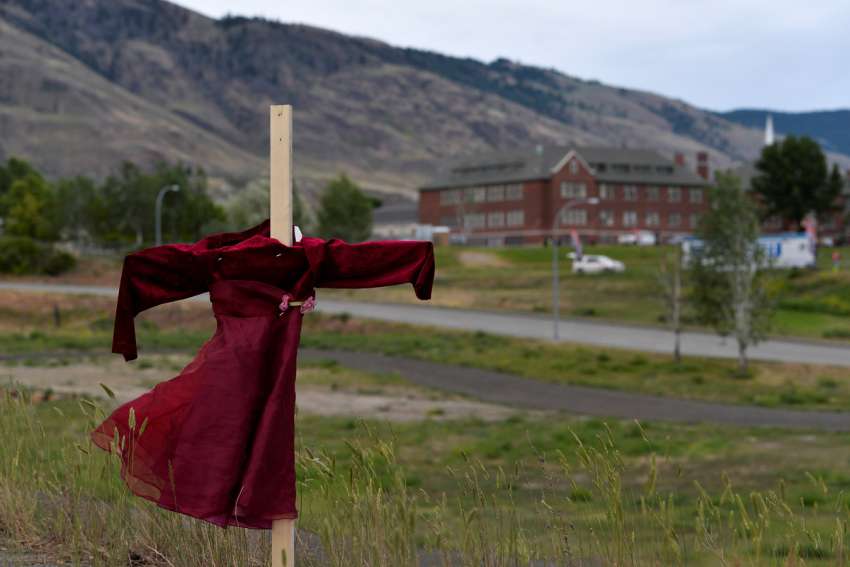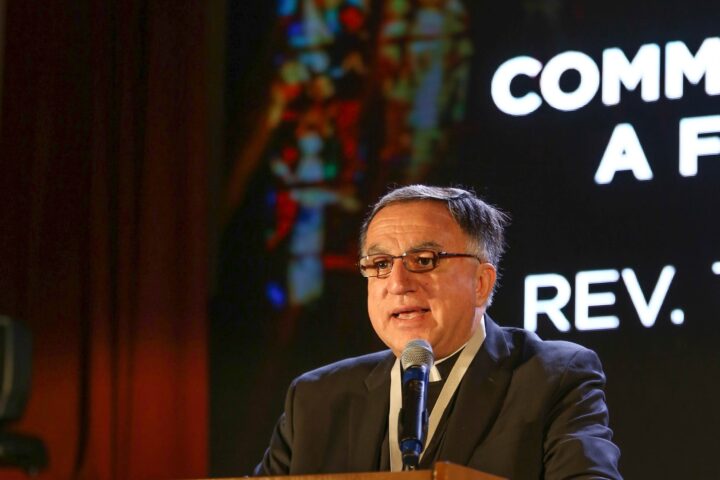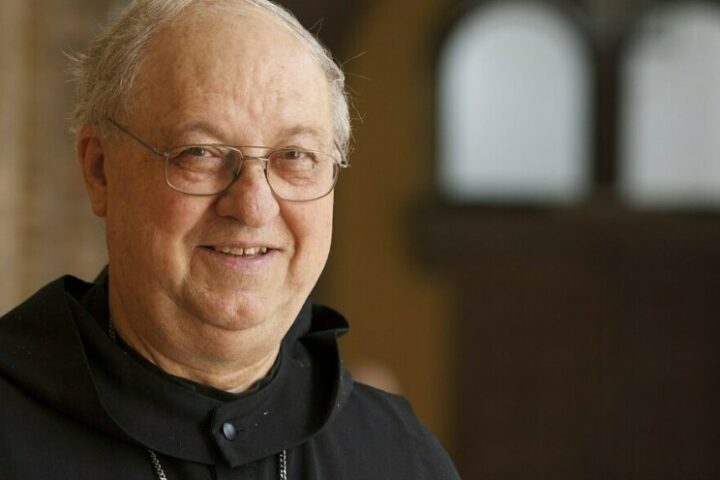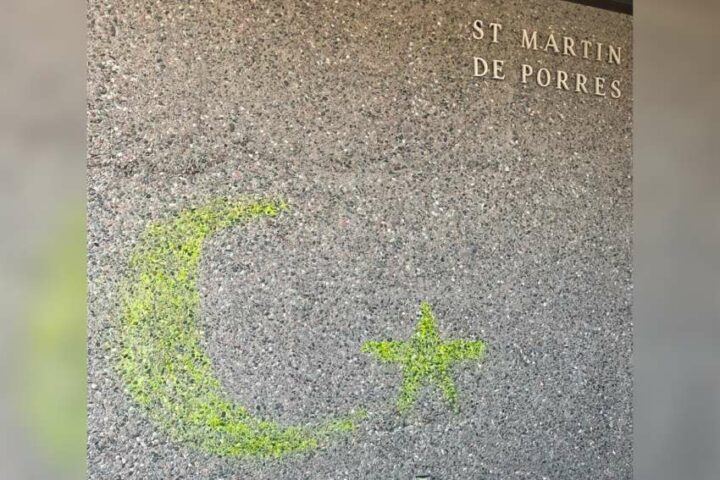Catholic Register Editorial
Canada’s Catholic bishops deserve full credit for sticking with their commitment to, as Edmonton Archbishop Richard Smith has framed it, walk the whole long path of Indigenous reconciliation.
They have, in their wisdom, clearly adopted the approach, individually or collectively, of refraining from being drawn into responding to every jump and shout question about matters arising from the forging of a new Church-Indigenous relationship.
The quiet drives some people crazy. But, as the French say, tant pis: too bad. It’s their silence, and they’re stickin’ to it.
As a pastoral of promise-keeping, it is honourable and commendable. As a strategy, its savviness has deserved respect up until now.
Still, as anyone knows who has engaged in any walk of life where frictions naturally arise, which is every walk of life imaginable including hermits annoyed by too-loud chirping birds, there comes a time in the shifting of conditions when responses must be modified to keep the original intention alive and aligned.
Letters to the editor and reporting by the Register’s Quinton Amundson signal that time is nigh. The moment is ripe for our bishops to publicly restore balance between the Church side and the Indigenous side of the reconciliation partnership.
They would, obviously, do so with prudence, and reservedly. But there is optical and tactical justification. Otherwise, the field is left entirely to Calgary’s emeritus Bishop Fred Henry. He, of course, is the red-winged black bird of tenaciousness in attacking what he calls “the lies” being spread under cover of reconciliation.
For all his energetic sorties, Bishop Henry is an octogenarian who is literally on oxygen. It’s not a good look for Canada’s Catholic ecclesiastics to have him seem the only lonely voice of truth protecting Holy Mother Church. It’s a role Henry makes clear he doesn’t even want, which is why he keeps urging his brother bishops to open now their lips.
Motive and opportunity are there for them to do so for reasons infinitely more important than appearance and calculation. The most recent is the head of the B.C. Assembly of First Nations suggesting that the bodies of Indigenous children at Indian Residential Schools might have been dumped by school staff into incinerators for disposal.
“Some of these residential schools or these institutions also had incinerators, so there could be potential of not finding any remains of any children that have gone missing,” Regional Chief Terry Teegee has been quoted.
In other contexts, the sentence would be poked and prodded for implications of “hate speech” against an identifiable group, namely the clergy and religious who ran the “schools or institutions” and, by extension, current members of the Catholic Church being accused of having participated in the cover-up of burned dead children.
Teegee’s remark is ambiguous enough to deserve the benefit of the doubt as far as intending “hate speech” goes. It still deserved a rebuke. Or, if not a rebuke, at least a rebuttal in rhetorical form: “Where are these infamous incinerators, Chief Teegee? Where is your evidence for this horrifying suggestion?”
The bishops need not have been the ones asking those questions. They could have publicly prevailed — can still publicly prevail — upon their Indigenous partners to speak out and simply say: “Enough!”
Enough with wild, unsubstantiated accusations. Enough with pretending Indigenous “ways of knowing” throw a magic blanket over reckless, destructive pronouncements that set back reconciliation. Enough with ducking behind the straw man of so-called “residential school denialism” while churches burn and religious artifacts are vandalized.
A critical need for such a statement from the Church’s partners on the long walk down the reconciliation path lies in the fact of there being a partnership. True partners do not knowingly suffer the abuse of the other partner. When they do, the partnership is in name only, or not even that.
There is a more crucial need. It is this: reconciliation, by definition, necessitates respect. Indigenous people on the Canadian land mass deserve that respect after decade upon decade of appalling disrespect. But respect itself requires a presumption of mutual accountability. Failure to presume that accountability in the reconciliation partnership implies that Indigenous people will not — cannot? — be accountable partners, which is a slander against them. It’s worse. It’s the old paternalism in a new hat.
Canada’s Catholic bishops, backed by no less than Pope Francis, have committed to rejection of that paternalism, however costumed. Let us pray for them for them to show the public courage of their commitment.





